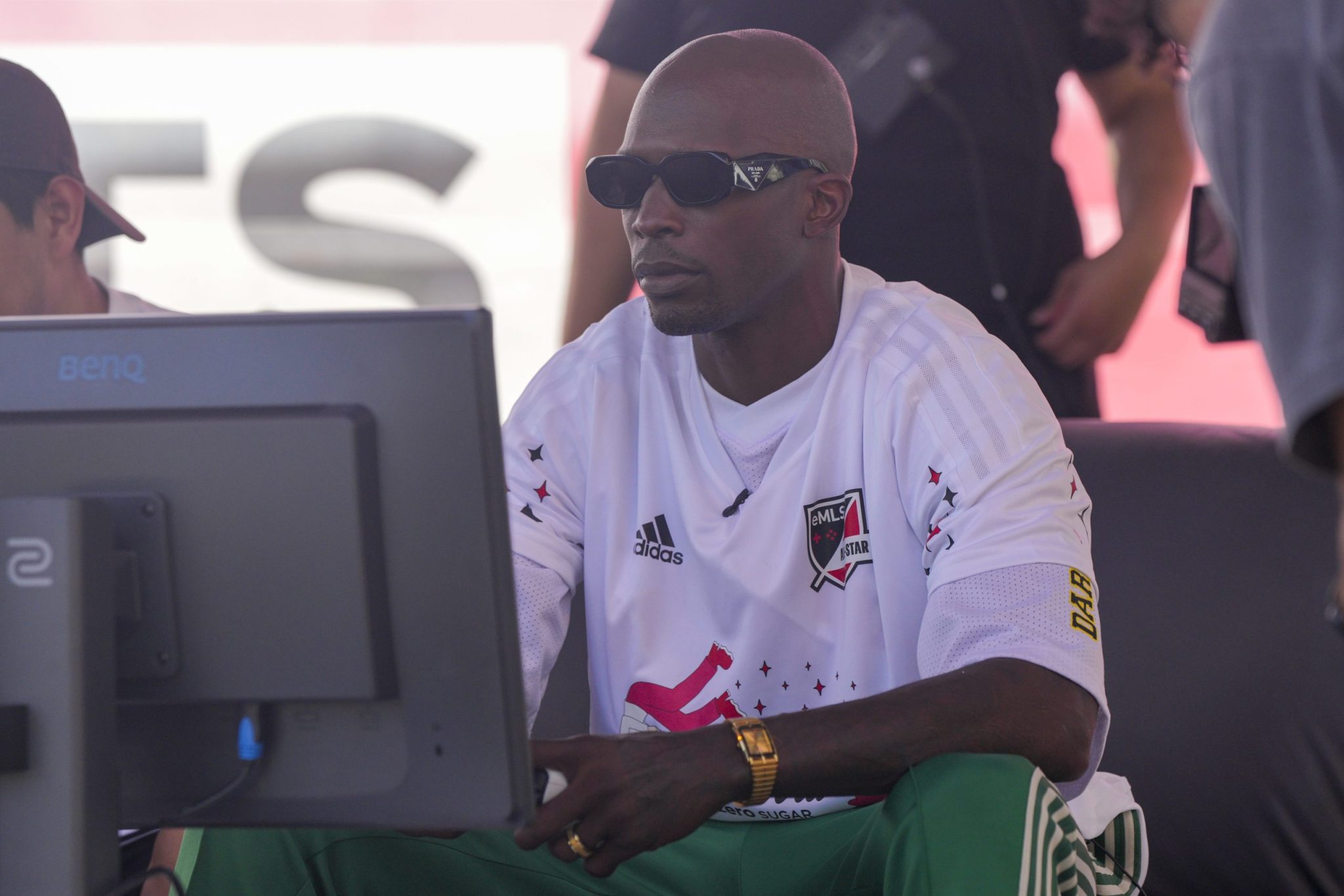El Destino Impredecible de Amari Cooper: Una Estrella en Transición
Cuando los Buffalo Bills aseguraron a Amari Cooper en un intercambio a mitad de temporada, el panorama de la NFL cambió. La adquisición inesperada sorprendió a muchos, reflejando el compromiso inquebrantable de los Bills con la excelencia bajo el astuto liderazgo de Brandon Beane. A medida que los Bills se elevaron en la clasificación de la AFC Este, la llegada de Cooper inyectó esperanza y expectativas en un equipo ya formidable.
Una Estancia Decepcionante en Buffalo
A pesar de ser aclamado como un «verdadero receptor número uno», el impacto de Cooper en Buffalo no cumplió con las elevadas expectativas que se tenían para él. Con solo dos touchdowns y apenas 20 recepciones en la temporada regular, sus contribuciones parecieron decepcionantes. Incluso en los playoffs, su rendimiento fue mediocre, lo que suscitó dudas sobre su encaje dentro del sistema de los Bills. Un intercambio a mitad de temporada y una persistente lesión en la muñeca obstaculizaron la capacidad de Cooper para integrarse sin problemas en el equipo, amplificando los desafíos que enfrentó en el campo.
La Inminente Agencia Libre: ¿Se Quedará o Se Irá?
A medida que Cooper se dirige hacia la agencia libre, la incertidumbre que rodea su futuro con los Bills es palpable. Si bien un regreso a Orchard Park sigue siendo una posibilidad, el sentimiento predominante sugiere una posible partida. Los aficionados de los Bills se encuentran divididos entre esperar un compromiso a largo plazo y prepararse para la realidad de una estancia breve. La lucha se intensifica a medida que cuatro equipos de primer nivel emergen como posibles pretendientes para los servicios de Cooper, cada uno ofreciendo una oportunidad única para el talentoso receptor.
Postores Potenciales en el Ámbito de la Agencia Libre
Arizona Cardinals*: Una entrada inesperada en la carrera por Cooper, los Cardinals presentan una propuesta intrigante. Con Kyler Murray liderando el ataque, Cooper podría reforzar un cuerpo de receptores que carece de profundidad y experiencia. Su incorporación proporcionaría una segunda amenaza muy necesaria junto a Marvin Harrison Jr., reconfigurando la dinámica ofensiva de los Cardinals y desafiando a las defensas rivales.
Los Angeles Chargers*: La sinergia entre Cooper y Justin Herbert podría desbloquear nuevas dimensiones en el libro de jugadas ofensivas de los Chargers. Con un arsenal limitado de armas, los Chargers podrían beneficiarse significativamente de la presencia veterana y las habilidades de juego de Cooper. Una asociación con Herbert promete elevar el juego de pase de los Chargers y aliviar la presión sobre su ataque terrestre.
Pittsburgh Steelers*: Aunque es una elección poco convencional, la necesidad de profundidad en receptores de los Steelers hace que Cooper sea un prospecto atractivo. A pesar del talento de George Pickens, el enfoque experimentado de Cooper y su rendimiento constante podrían aportar estabilidad y productividad a un roster de Steelers en desarrollo. Su liderazgo veterano podría infundir una sensación de calma y profesionalismo dentro del equipo, equilibrando el entusiasmo juvenil con la experiencia consolidada.
New England Patriots*: Emergiendo como un favorito en la búsqueda de Cooper, los Patriots ofrecen un paquete convincente. Con la vista puesta en nutrir jóvenes talentos como Drake Maye, los Patriots poseen los recursos y la estabilidad para acomodar a un jugador del calibre de Cooper. Armados con un espacio salarial sustancial y un cuerpo técnico renovado, los Patriots presentan un entorno prometedor para que Cooper prospere y contribuya significativamente a su resurgimiento ofensivo.
Conclusión: El Camino por Delante para Amari Cooper
A medida que se acerca la ventana de la agencia libre, Amari Cooper se encuentra en una encrucijada, listo para tomar una decisión que definirá su carrera. Con múltiples pretendientes compitiendo por su firma, el proceso de toma de decisiones se vuelve cada vez más intrincado. ¿Optará por un nuevo comienzo con un nuevo equipo, o elegirá la lealtad y la continuidad quedándose con los Bills? Las próximas semanas prometen desvelar el siguiente capítulo en la trayectoria futbolística de Cooper, moldeando su legado y su impacto en la liga. La lucha se intensifica a medida que aumentan las apuestas, preparando el escenario para un momento crucial en la carrera de Cooper.









